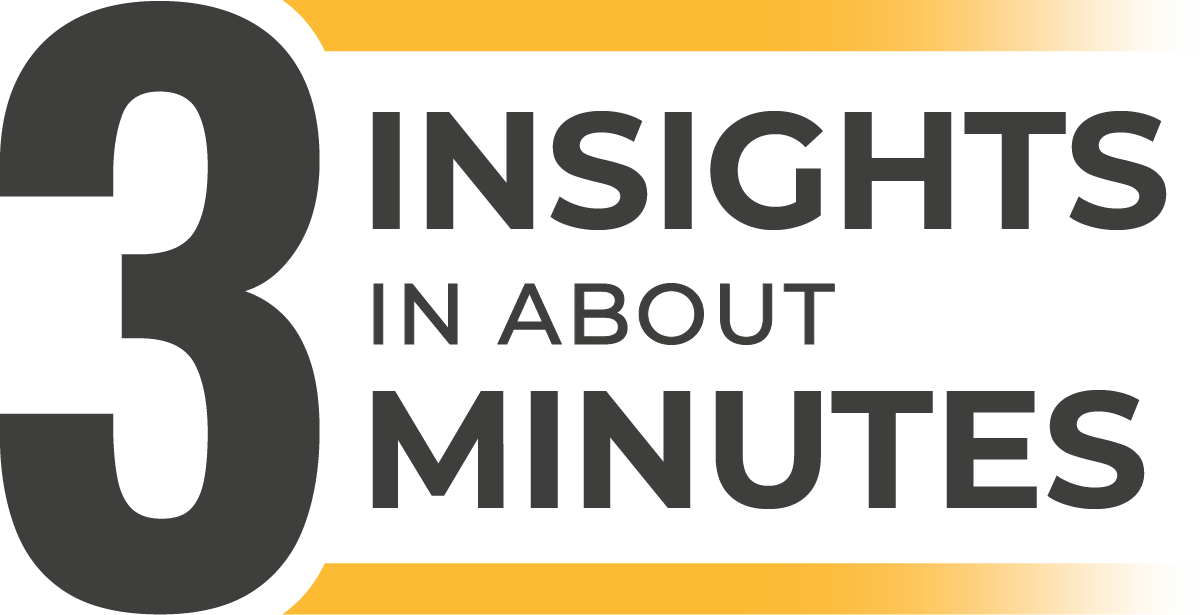Transcript
In 1996, "Dolly the Sheep" was the first cloned mammal…and the cloning continues today. Welcome to The Marketing Accelerator Podcast, featuring three insights in about three minutes. I'm Drew Dinkelacker. Today I'm speaking with Helen Todd, the founder and host of Creativity Squared, which is a podcast and newsletter where she explores how creatives are collaborating with AI. Helen, you've been working in the area of digital cloning, and that's different than Dolly the Sheep. Help me understand where that is today.
Helen Todd: Hi, Drew. The cloning we're discussing today is digitally cloning humans, nothing biological, don't worry! Ethically, cloning humans with AI involves taking video footage and voice recordings and then using them with the magic of AI to clone their human counterparts who own their digital likeness and IP associated with their hyper-realistic avatars. We're at the very early adoption stage of hyper-realistic avatars. However, the digital avatar market is projected to be $270 billion by 2030. This is no surprise as avatars can do things humans can't do, and they're a natural extension of the cartoony and semi-realistic virtual ones that exist today on social apps and in games.
Drew: Hyper-realistic? Really? Helen, my first career was in video! Producing, directing, shooting, lighting, editing! I can spot the fakes these days pretty quickly. How realistic is today's digital clone?
Helen: Great question, Drew. I'll let you decide as I'm actually Helen 2.Odd, the digital clone of my human counterpart, Helen Todd. I'll turn over the mic to her now.
Helen 2.Odd: Hey, Drew. Thanks for having me on the show. As you can see, digital clones technology is really well. Helen 2.Odd looks like me and sounds like me, but was totally created with ethical AI, and as the tech improves, my digital clone will only get better and better as well.
Drew: That's impressive, Helen! And also drums up a lot of concerns…but let's put those on the back burner for a moment and talk about the practical application of digital clones for business.
Helen: Yeah, I'd love to. As I see it, they're just another tool in your online communication toolbox. And, as Helen 2.Odd said, that they're the natural extensions of our current avatars and portraits that we use on LinkedIn. When I think about building trust with customers and our clients, in-person is still the best, that in-person presence. Second to that is synchronous communication, like I can see you nodding right now on Zoom. Below that, I would put video recordings of humans to other humans, and below that, I would actually put clone videos. This is something that is the embodiment of me, it looks like me, sounds like me, and it's my scripts that I'm feeding it to communicate. And then of course, there's text and images as other tools in our toolbox. Another great thing with these clones, I'm not always camera ready. I don't always have all this makeup on. My clone is ready 24/7. You can make videos in just a couple of clicks. They're very affordable and, yeah, you can just streamline and make the videos super fast. And one thing I love to share, I only speak one language, and my clone speaks 28 languages too.
Drew: So many interesting possibilities for using clones in business today. How can you leverage a digital representative for your business? The Marketing Accelerator Podcast is a production of MarketingAccelerator.com, where business leaders gain confidence in their marketing efforts, and marketers turn into high performing leaders. I'm Drew Dinkelacker.

